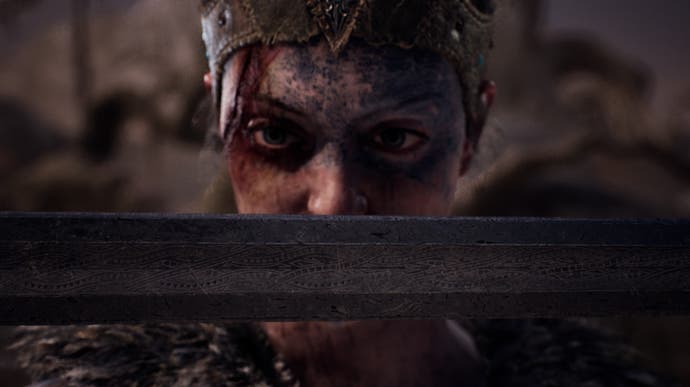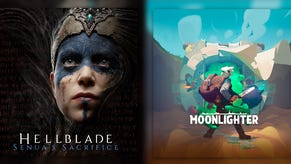Hellblade was a good depiction of mental illness but games need to be sharper
Audiences and critics must ask more.
Games are, generally, not very good at depicting mental illness. Games are atrocious at tackling a lot of topics, to be fair, but this one is surprisingly prevalent: sanity meters, psycho villains, dozens of games set in insane asylums. This is probably why so many people leapt at the chance to praise Hellblade: Senua's Sacrifice for its considered portrayal of a tricky subject.
Not just critics and fans either. The developers themselves seem to regard Hellblade as something of a landmark achievement for combating the stigma surrounding mental health, marketing it mainly based on the subject matter - so much so that it seemed inevitable people would have to give it points for the effort. And I mean people really praised it. The BAFTA game awards put together a whole new category for it, "Game Beyond Entertainment", a title which just reeks of pretentiousness.
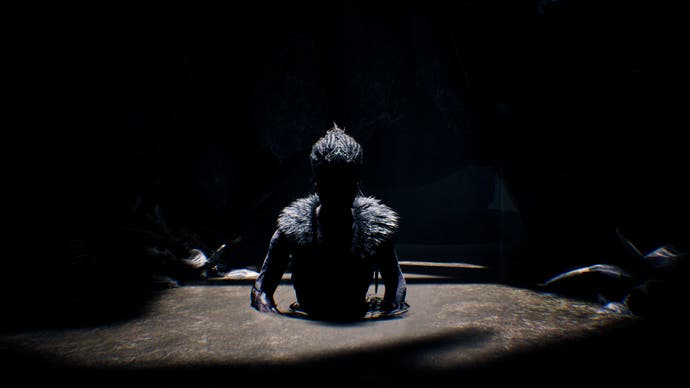
Slow down. Yes it's damn refreshing to see a sensitive subject handed with care, but there was such a rush to congratulate the game for being fair and accurate, I'm not sure many took the time to see what it actually had to say about mental health. Hellblade's depiction of mental illness feels genuine and resonates with me for sure. It's a compelling and - for someone who suffers from hallucinations and depression - empowering game, but Senua's battle through a haunting norse fantasy world is difficult to hold up as an insight into what it's like to live with these issues.
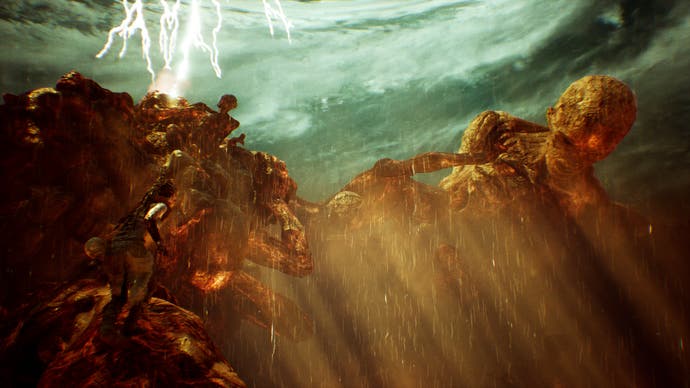
There are gaps in the things it explores. We never see how Senua copes with social situations and interactions which, for many of those suffering from mental illness, is one of the biggest obstacles to overcome. It's still a moving game and in Senua's isolation I see a lot of my own suffering, but I feel like some have held it up as a sort of educational tool. Game's as a "machine for empathy" is something I've seen numerous times - the idea that if you let someone play a simulation of someone's experiences they'll understand what it's like to be that person. It's a dangerous notion. It can make people feel like they're an authority on experiences they haven't lived. It risks exploiting people's issues as tourism for others.
Chief designer on Hellblade, Tameem Antoniades, himself said Hellblade was intended "to let you live in the skin of someone else, someone who perceives the world very differently to most of us and understand what they're going through in a way that no amount of reading about the subject can do" and it makes me squirm, as if the only way to empathise with people is to go a few virtual miles in their shoes.
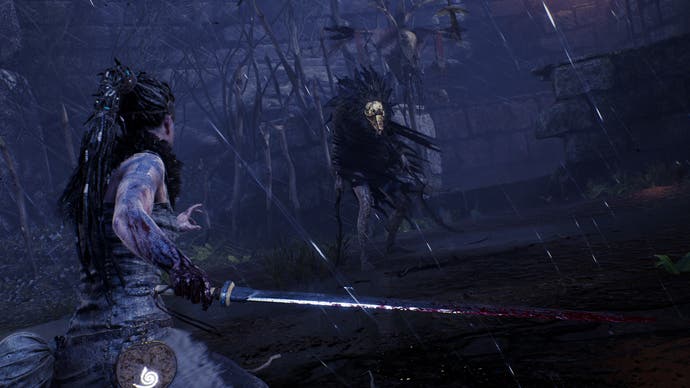
None of which is to say games shouldn't tackle these subjects. Far from it. But we have to apply more scrutiny when they do and be careful not to praise something for simply being inoffensive. That's the bare minimum that should be expected in depicting these subjects, not the gold standard. I hope Hellblade is the start of mainstream games exploring similar topics, but I hope they strive for more than accuracy and sensitivity. I want them to challenge people in ways that will get them thinking, not feel like the thinking is done.
